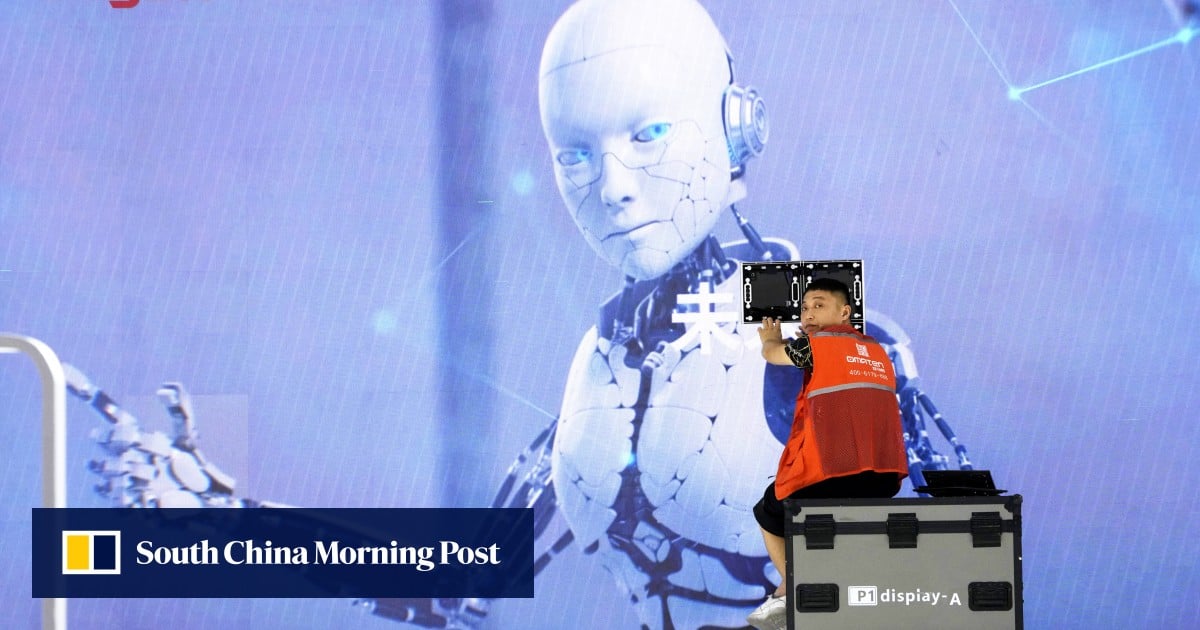
State-owned enterprises must take the lead in ensuring that geopolitical complications and supply-chain upheavals do not stifle China’s hi-tech aspirations in the coming years, according to newly outlined priorities.
“Self-reliance in science and technology is not only a matter of development, but also a matter of survival,” the State-owned Assets Supervision and Administration Commission (SASAC) said in an article published on Sunday in Qiushi, the Communist Party’s most authoritative theoretical journal.
“Most state-owned enterprises are in important industries and in key areas related to national security, and they are the lifeline of the national economy,” the commission said. “They are key variables in realising national strategic intentions and responding to changes in the external environment and to major risks and challenges.”
It also said that some SOEs remain “big but not strong”, with problems such as insufficient innovation and low return on assets, and this justifies further reform to increase their competitiveness.
China’s Xi Jinping appeals to decades-old mantra of reform, eyeing economic jolt
China’s Xi Jinping appeals to decades-old mantra of reform, eyeing economic jolt
“We must continue to deepen reforms, play better roles in strategic security, industrial leadership, national economy and public services, and respond to the uncertainty of the external environment with our own high-quality development,” it added.
It said it will give more policy support to SOEs to become “the source of original technology” and to pace up research on “fundamental, urgent, cutting-edge, and disruptive” technologies.
China is facing the daunting task of stemming downward risks in its economy from a property slump; waning confidence in the private sector and among foreign investors; and weak exports.
Externally, it is challenged by US-led moves to restrict China’s access to advanced technology and de-risking efforts to move industrial and supply chains away from China.
Refraining from a big-bang stimulus to spur growth over the short term, Beijing is aiming to move up the industrial-chain ladder to power its economy over the long run.
The regulator also said it will accelerate the formation of a modern industrial system that is “independent, controllable, safe, reliable and competitive”.
“As an important cornerstone of maintaining national strategic security, state-owned enterprises must regard maintaining industrial-chain, supply-chain and energy-resource security as a major mission responsibility,” it said.
The article also accented the important role that SOEs play in protecting supply chains and energy resources, noting that the companies should “diversify their import resources for oil and gas” and “enhance control over transport channels”.
China’s economic backbone, private firms decry lack of parity in policy support
China’s economic backbone, private firms decry lack of parity in policy support
“SOEs should improve the scientific- and technological-innovation mechanism and provide better support to achieve hi-tech self-reliance,” the SASAC said.
It also singled out emerging industries such as artificial intelligence, information technology, biotechnology, and the green sector as areas for development.
Meanwhile, China says it has stepped up its anti-corruption campaign targeting SOEs this year, with the firms described as the “ballast” of the economy and critical to the country’s development agenda.